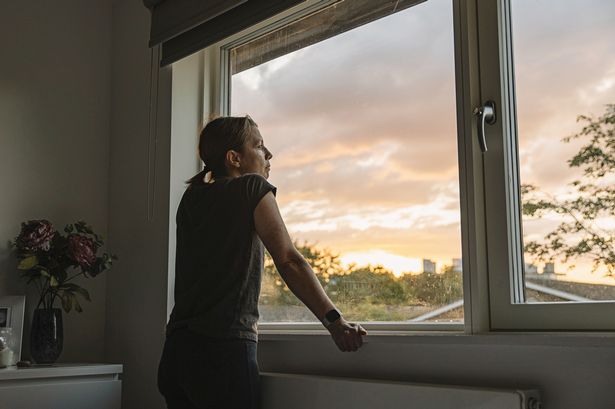



Buying a home with tenants can be difficult because there are many factors to consider. But you don't have to worry, because in this blog post we'll explore the top three things that you need to know before purchasing a house with tenants.
First, remember that if your tenant has been living in your property for at least 2 years, then they will have the right to stay as long as they keep up their rental payments and terms of tenancy. Second, make sure you know your legal rights and obligations. This is crucial when it comes to renting out your property as it could result in costly misunderstandings or disputes with your tenants. Finally, find out about any family members who may be interested in staying on after the sale of the property, for example elderly parents or teenage children. These are all important considerations when buying a home with sitting tenants and we hope this article answered some of your questions!
There are many different reasons why people buy homes with sitting tenants, but there is always one thing they want to avoid - the risk of being sued by the tenants.
If you don't want to deal with any legal issues, it's best to do as much research as possible before making a decision. For example, some people buy homes with sitting tenants for their children or elderly parents so that someone is around to look after them. Other people may rent out their home because they're taking an extended trip and want the income from renting it out.
Regardless of your reason for buying a house with sitting tenants, make sure you know your rights and responsibilities before purchasing a property.
When you buy a home with tenants, there are many factors to consider. But don't worry! Here are the top three things you must know before making an offer on a home with sitting tenants:
- Tenant Rights:
If your tenant has been living in your property for at least 2 years, then they will have the right to stay as long as they keep up their rental payments and terms of tenancy. You will need to factor this into your purchase decision, as if they choose not to extend their lease with you it could result in costly damages or legal issues.
- Your Legal Rights and Obligations:
It's important that you know what your rights and obligations are when renting out your property. This is crucial because if there's confusion or misunderstanding about the rental agreement, it could result in costly disputes or misunderstandings with your tenants.
- Family Members Interested in Staying On:
Sometimes people want family members who live elsewhere to stay on after the sale of their property. For example, elderly parents or teenage children might be interested in staying on after the sale of the property. It might be worth having a conversation with these people when buying a house with sitting tenants to gauge their interest and commitment level.
Tenants have legal rights and obligations when it comes to renting out property. For example, if a tenant has been living in the property for at least two years and has met all of the terms of tenancy, he or she will have the right to stay as long as they keep up their rental payments.
A landlord must also be aware of any family members who may be interested in staying on after the sale of a property, for example elderly parents or teenage children.
It's important for landlords to understand their legal rights and obligations when renting out a property with sitting tenants. Failure to do so could result in costly misunderstandings or disputes with tenants.
The tenant has been living in the property for at least 2 years. When landlords buy a property with tenants, they need to know their rights and obligations as well as any family members who may be interested in staying on after the sale of the property.
The most important factor when considering buying a house with sitting tenants is that the tenant pays their rent on time and meets all terms of tenancy. Your tenant should not have any overdue rental payments and should be paying their rent each month in accordance to the terms of the rental agreement. The tenant also needs to meet any other terms of tenancy, like keeping your property in proper condition and obeying any rules in your lease agreement.
If the above conditions are met and you're still considering whether to buy a house with sitting tenants, these three considerations will help you make an informed decision:
- You need to know your legal rights and obligations when renting out your property as it could result in costly misunderstandings or disputes with your tenants.
- Make sure you know if any family members may be interested in staying on after the sale of the property. This is often overlooked but can be very important for those who are looking into buying a house with sitting tenants.
- If you're able to purchase a home with sitting tenants, it's worth noting that these properties often sell for less than homes without renters.
One of the considerations when buying a home with sitting tenants is whether or not the tenant has any family members who may be interested in staying on after the sale of the property. This can be an important consideration because it could mean someone else has to take care of them if they are no longer able to take care of themselves financially. This is an important thing to consider and you should research how this might affect you when buying a home with sitting tenants.